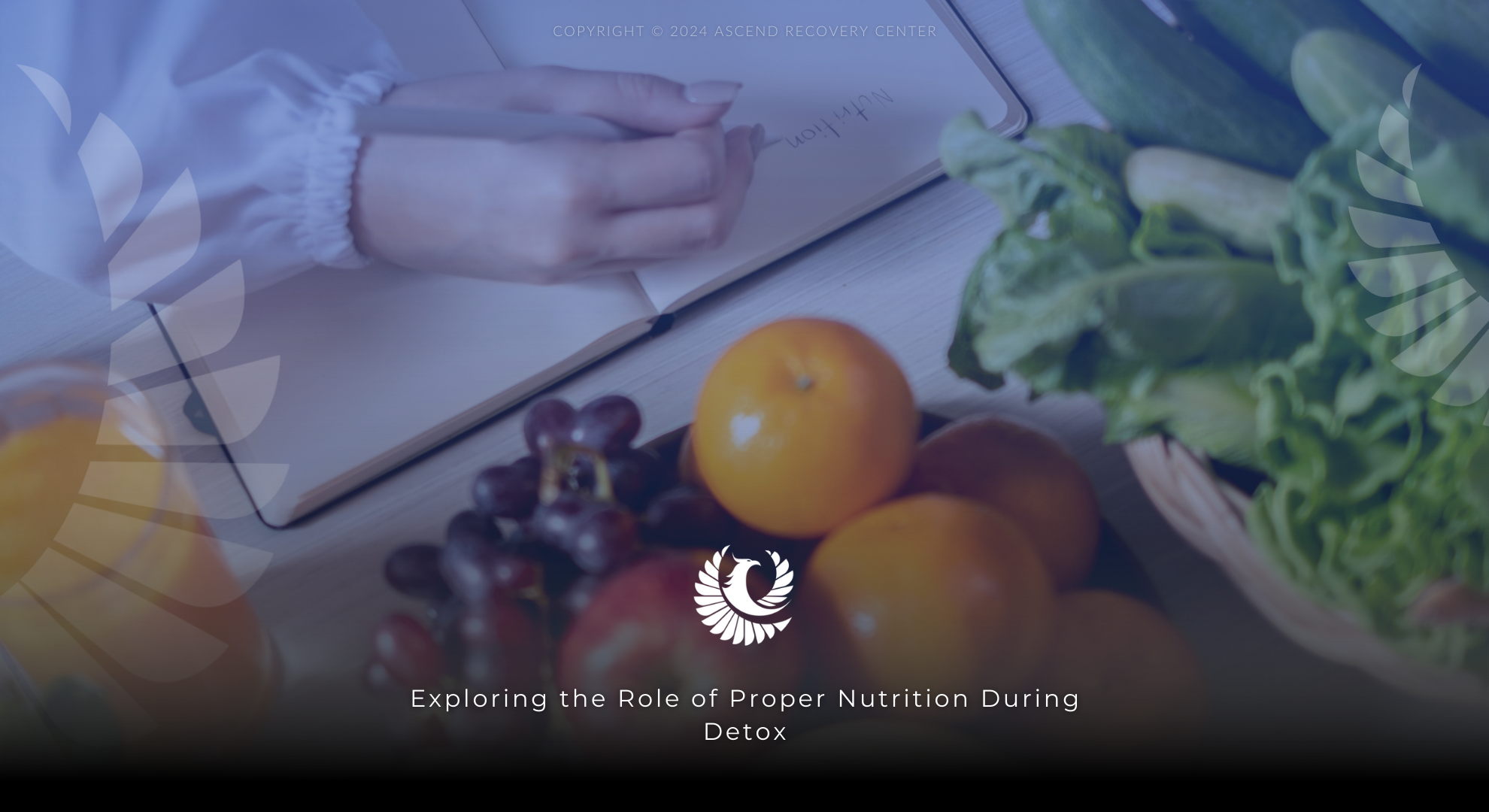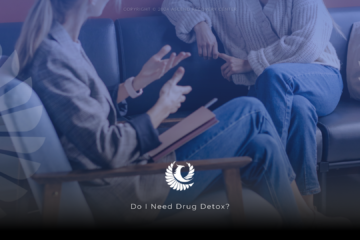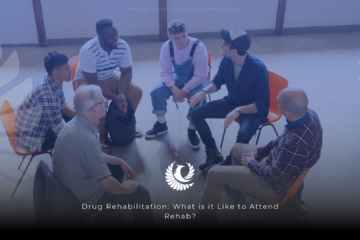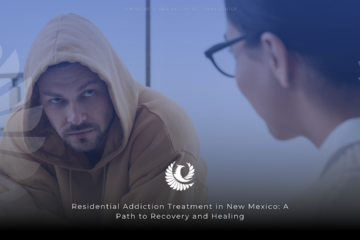Drug and alcohol abuse can impact every aspect of your health and well-being. It can change how you feel, think, and behave. While different substances have different effects, all substance abuse can be hard on your body and brain,
Substance abuse often prevents people from eating well. Many people with substance use disorder (SUD) struggle with physical symptoms related to poor nutrition.
Proper nutrition can help your body recover after quitting drugs and alcohol. It is essential to begin nourishing your body during detox and continue as your recovery progresses.
This article will explore the connection between addiction and poor nutrition. You will learn how poor nutrition affects your body and how to restore proper nutrition during detox.
Contact the Ascend Recovery specialists to learn more about what to eat during detox. You can also explore our treatment programs or schedule an intake assessment.
How Does Substance Abuse Affect Your Body?
Using drugs and alcohol affects your health and behaviors. Over time, many people with substance use disorder (SUD) notice physical changes related to poor nutrition. These may include weight gain or loss, lower immune system functioning, and chronic health conditions like heart disease.
Here are some of the ways substance abuse contributes to poor nutrition.
Appetite loss
Some substances, including stimulants, reduce your appetite. People may also simply forget to eat while using drugs or drinking. This can lead to weight loss and malnutrition.
Poor diet
People may depend on convenience foods that do not require planning or preparation. People may adopt a diet that includes mainly highly processed foods. In many cases, convenience foods have higher levels of sodium, sugar, or saturated fats. Eating a diet high in processed foods can contribute to chronic disease.
Digestive disorders
Prolonged periods of drug and alcohol abuse can damage the GI system. Over time, this damage may prevent your body from absorbing nutrients effectively. This means that even if people eat a balanced diet, they may still have nutrient deficiencies.
What Should I Eat During Detox?
The detoxification process happens naturally when you quit using drugs and alcohol. Your body begins to rid itself of toxins and return to its natural, balanced state.
Eating a nutrient-dense diet during detox can support your body’s overall health. Here are some things you can eat to feel better during detox and support your long-term health.
Leafy greens
Load up on spinach, collard greens, kale, chard, and lettuce during detox. These leafy greens contain folic acid, beta-carotene, and vitamin B6. Many people with alcohol abuse and SUD lack these vital nutrients. Add a leafy green salad to your meal once a day or more.
Protein
Animal products, such as tuna, meat, eggs, and dairy products, are excellent sources of essential proteins. Many animal products contain iron, vitamin B6, and fatty acids.
If you eat a plant-based diet or simply want more variety, you can still get plenty of protein. Increase your intake of tofu, beans, quinoa, whole grains, and nuts.
Produce
Fruits and vegetables contain fiber, minerals, and vitamins that round out a healthy diet. Add bright, colorful produce like oranges, bell peppers, berries, and melon to your diet. Increase your intake of cruciferous vegetables like broccoli, brussels sprouts, and cabbage.
You do not need to eat massive amounts of fruits and veggies right away. Start small: add a handful of berries to your cereal in the morning, roast some broccoli to go with dinner, or slice up a bell pepper to snack on.
Most fruits and vegetables are good sources of vitamins and minerals, so eat your favorites whenever possible.
Carbohydrates
Your body needs carbohydrates to sustain energy. Many processed foods, such as chips, pretzels, and pizza, contain carbohydrates. However, it’s better to get your carbs from less-processed sources.
Add potatoes, whole-grain bread, rice, and starchy vegetables to your detox diet. You will feel better and have more balanced energy throughout the day.
Dairy
Eating dairy products like yogurt, cheese, and milk can help you get plenty of protein and calcium. These foods also contain Vitamin A.
Cultured dairy products like cottage cheese, kefir, and yogurt are excellent sources of beneficial bacteria and Vitamin B2.
Hydration
Excessive sweating and vomiting can make it hard to stay hydrated. However, it is essential to make sure you are getting enough water.
If drinking a lot of water all at once seems too difficult, start slowly. Keep a water bottle nearby, and take small sips frequently. To make it more appealing, add flavoring or a splash of juice. Avoid caffeine.
You may also stay hydrated by eating water-rich foods. These include watermelon, cucumbers, soups, and juicy fruits like oranges, berries, and peaches.
Nutrition and Holistic Addiction Treatment
Addiction is a complex condition that affects every part of your life. Holistic treatment programs provide effective treatment for your body and mind.
Reach out to the Ascend Recovery specialists now to learn about our programs. We will also help you determine which course of treatment is right for you and schedule an intake appointment.








